
10 Changes Which Could Save Your Hearing
Over 1.1 billion people around the world are affected by hearing loss, yet with some simple hearing protection steps, you can prevent some hearing loss. Here are some small changes you could make in your life to save your own hearing.
1. What are your ears telling you?
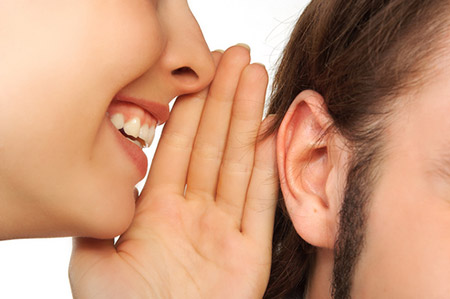
Are you hearing rushing or whistling sounds in your head? If so this could be a sign you should allow your ears to have a day of peace and quiet, turn the volume down on radio and TV and your devices.
2. In the ear headphones – use at 60% of maximum volume

The music coming through your in the ear headphones can be at levels of 100 to 115 decibels. To give you an idea of what this means, it’s the equivalent level to using a chainsaw or attending a rock concert and can cause major damage to your ears. Employ the 60:60 rule and continue to enjoy your music but listen at 60% of the maximum volume for no more than 60 minutes a day.
3. Wear head protection

If your’re skiing, riding a bicycle, motorbike or playing sports where concussions are common, wear the proper protective head gear. Similarly if you work on a construction site and other dangerous environments, using protective headgear can help save your ears and more. This is because head injuries and skull fractures are common causes for inner ear hearing loss.
4. Keep your ears warm

In cold conditions less blood is circulated in the ears, and this can increase the risk of ear infections. A cold head may cause cramped muscles in the neck and a continuous tension of muscles in this area can lead to ear problems, such as tinnitus. Cold and wind can irritate the ear canal, which often causes pain in the outer part of the ear. Water in the ears can easily cause inflammation in cold conditions. Frostbite can quickly occur in the ears in sub-zero temperatures.
5. Carry ear protection with you

There are many ways you can protect your ears, such as ear plugs, ear moulds, ear muffs, wadding, swimming ear plugs and so on. Make sure you carry ear protection with you if you know you’re going to a loud environment. Find out more about hearing protection at the Hear the World Foundation website.
6. Keep a healthy lifestyle

Smoking, medication, anxiety and an unhealthy lifestyle can be hard on your hearing. More than 450 drugs can damage hearing, while stress or anxiety can cause tinnitus problems. Smoking has also been linked to hearing problems. Make healthy lifestyle choice for healthy ears.
7. Wear headphones
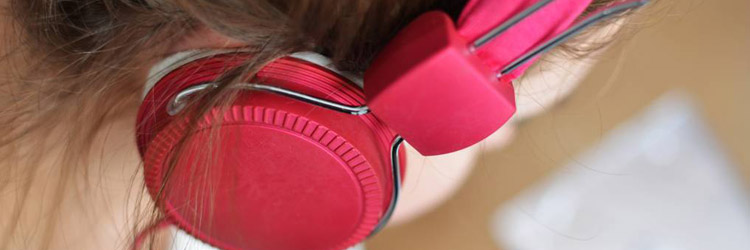
The EU standard stipulates a limit of 100 decibels for MP3 players, however many devices are louder than this and further increase the danger of hearing damage. Instead of these, choose noise-cancelling headphones, or muff-type headphones, which block out background noise and allow you to still hear your music at lower volume levels.
8. Is your workout damaging your hearing?

Cardio exercise is beneficial to your overall health and ears but be wary of the noise levels during your workout. Music and booming bass designed to pump you up, may be breaking down your ears. Ask your trainer to turn the music down to a safe level (there are apps which can be used to measure the volume) or pack a pair of earplugs in your gym bag.
9. How loud is your daily life?

Assess your noise lifestyle – do you work in an office (40 decibels)? Do you have a baby (110 decibels)? Or do you enjoy going to football games (117 decibels)? If you know the common noises in your life and their decibel levels, you can assess when your ears need a break. Sounds which are louder than 85 decibels can cause permanent hearing loss. The maximum exposure time at 85 decibels is 8 hours, but at 110 decibels, the maximum exposure time is 1 minute 29 seconds, according to the National Institute of Occupational Safety and Health. Visit this NHS page to find out more about exposure to noise and hearing protection.
10. Don’t put up with noise at work
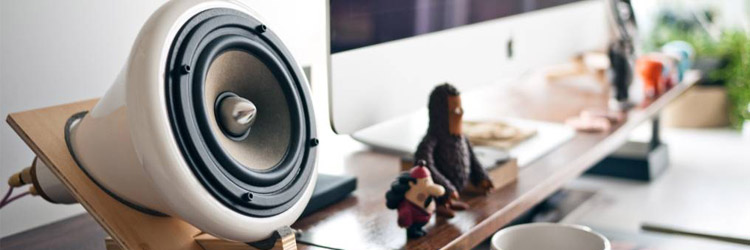
If you’re experiencing noise at work, talk to your human resources (HR) department or your manager and ask for advice on reducing the noise and getting hearing protection.
Help with Hearing Protection
At Help in Hearing, we can advise you on the most appropriate hearing protection, from custom made solutions, in the ear monitors, electronic noise suppressors for those that shoot or a non-customised product such as ER20’s, should you need something urgent for a one off event. We also supply customised swim moulds. Please email us or call us on 0345 222 0579 to discuss your hearing protection.
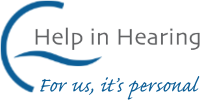
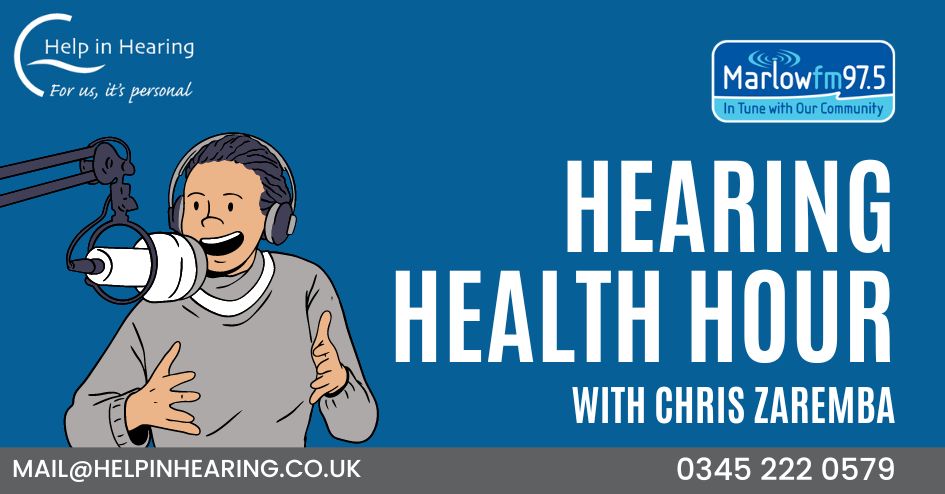
This Post Has 0 Comments